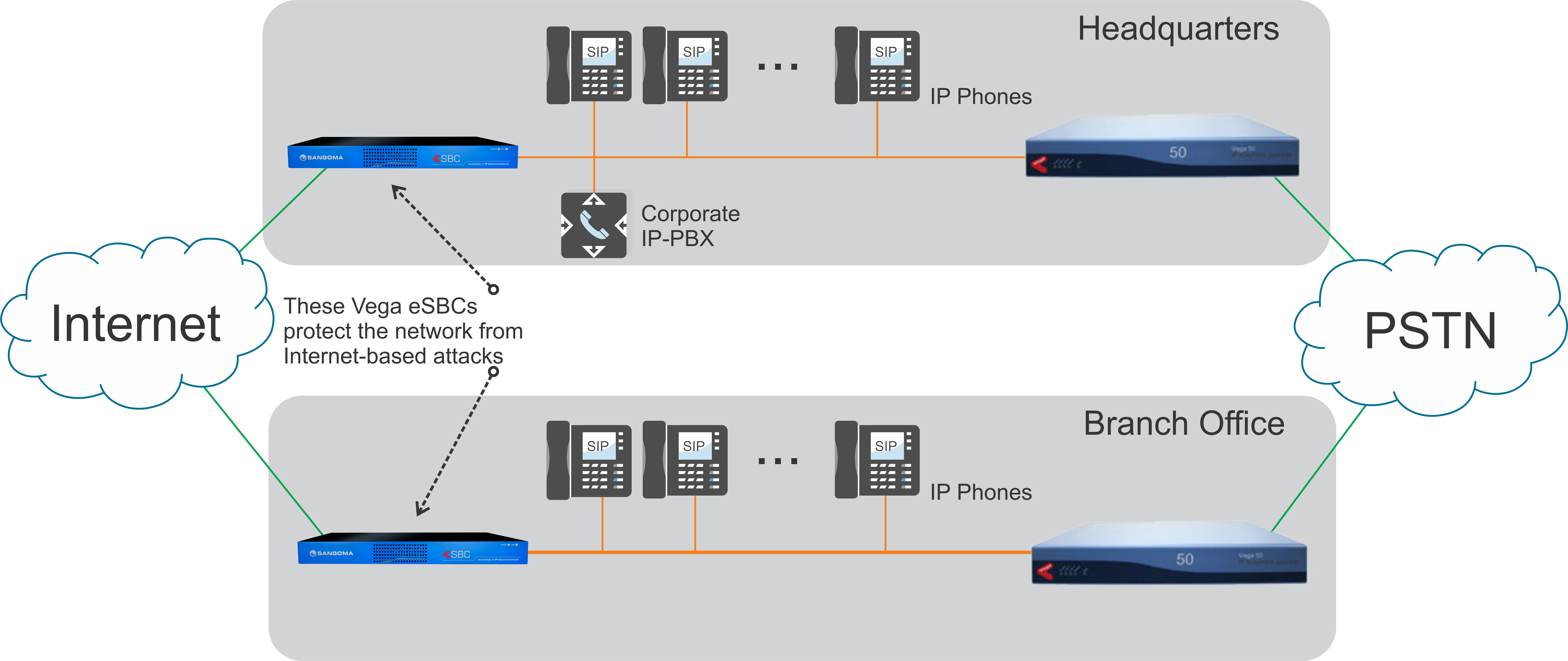While VPNs are often touted as the go-to solution for online privacy, they are not the only option. There are numerous tools and strategies available that can help you achieve similar results without the need for a virtual private network. Whether you’re concerned about data security, want to access content from different regions, or simply prefer not to use a VPN, this article will provide you with practical solutions. By the end of this guide, you’ll have a clear understanding of how to stay secure and connected without a VPN. Navigating the internet safely and efficiently without a VPN requires a combination of smart practices, reliable tools, and a bit of know-how. From leveraging browser privacy settings to exploring alternative technologies, there are plenty of ways to protect your online presence. This article dives deep into these methods, offering step-by-step instructions, expert insights, and actionable tips. Let’s explore how you can achieve a secure and unrestricted online experience without the need for a VPN.
Table of Contents
- Why Consider Alternatives to VPNs?
- How to Protect Your Data Without a VPN?
- Can You Access Geo-Restricted Content Without a VPN?
- Is Your Connection Safe Without a VPN?
- Alternative Technologies for Privacy and Security
- What Are the Risks of Browsing Without a VPN?
- How to Stay Informed About Online Security Trends?
- Frequently Asked Questions
Why Consider Alternatives to VPNs?
While VPNs are widely used for their ability to encrypt data and mask IP addresses, they are not without drawbacks. For one, VPNs can sometimes slow down your internet connection due to encryption overhead. Additionally, not all VPN providers are trustworthy, and some may even log your data, defeating the purpose of using one. This raises the question: why not explore alternatives that offer similar benefits without these limitations?
Another reason to consider alternatives is cost. Many premium VPN services come with a subscription fee, which may not be feasible for everyone. By leveraging free or built-in tools, you can achieve comparable levels of security and access without breaking the bank. Furthermore, some users simply prefer not to install additional software on their devices, making alternative methods more appealing.
Read also:Jay Perez Net Worth A Deep Dive Into The Tejano Stars Wealth
Finally, understanding alternatives to VPNs empowers you to take control of your online experience. Whether you’re looking to enhance your privacy, bypass geo-restrictions, or simply explore new tools, this guide will equip you with the knowledge you need to navigate the internet confidently without a VPN.
How to Protect Your Data Without a VPN?
Protecting your data without a VPN involves adopting a combination of strategies and tools that prioritize privacy and security. Below are two effective methods you can implement to safeguard your online activity.
Leverage Browser Privacy Settings
Modern web browsers come equipped with a variety of privacy settings that can help you protect your data. For example, enabling features like "Do Not Track" signals websites not to collect your browsing data. Additionally, using private browsing modes, such as Chrome’s Incognito or Firefox’s Private Window, ensures that your activity isn’t stored locally on your device.
Another powerful tool is browser extensions designed for privacy. Extensions like uBlock Origin and Privacy Badger block trackers and ads, reducing the amount of data websites can collect about you. By customizing your browser settings and using these tools, you can significantly enhance your online privacy without the need for a VPN.
Use Secure DNS Services
DNS (Domain Name System) services translate domain names into IP addresses, but not all DNS providers prioritize security. Switching to a secure DNS service, such as Cloudflare’s 1.1.1.1 or Google Public DNS, can encrypt your DNS queries and prevent ISPs from tracking your online activity. This is particularly useful for protecting your data without relying on a VPN.
Setting up a secure DNS service is straightforward. On most devices, you can change your DNS settings in the network configuration menu. Once enabled, these services ensure that your browsing activity remains private and secure, even without a VPN. By combining secure DNS with other privacy measures, you can create a robust defense against data breaches and tracking.
Read also:Teddy Swims Empowering Journey From Humble Origins To Musical Triumph
Can You Access Geo-Restricted Content Without a VPN?
Accessing geo-restricted content without a VPN is entirely possible, thanks to alternative technologies and services designed for this purpose. Below are two popular methods that allow you to bypass regional restrictions without relying on a virtual private network.
Smart DNS Solutions
Smart DNS services are a lightweight alternative to VPNs for accessing geo-restricted content. Unlike VPNs, which encrypt all your internet traffic, Smart DNS only reroutes the data necessary to bypass geo-blocks. This means you can stream content from platforms like Netflix or Hulu without experiencing the slowdowns often associated with VPNs.
Setting up a Smart DNS service is simple. Most providers offer step-by-step instructions for configuring your device or router. Once activated, you can enjoy unrestricted access to your favorite content without the need for a VPN. However, it’s important to note that Smart DNS does not encrypt your data, so additional privacy measures may be necessary.
Proxy Servers
Proxy servers act as intermediaries between your device and the internet, masking your IP address and allowing you to bypass geo-restrictions. While proxies are not as secure as VPNs, they are a viable option for accessing content without the overhead of encryption. Free and paid proxy services are widely available, making them accessible to users of all budgets.
One downside of using proxies is that they may not be as reliable or fast as other methods. Additionally, some websites actively block known proxy IPs, which can limit their effectiveness. Despite these drawbacks, proxies remain a popular choice for users seeking a straightforward way to access geo-restricted content without a VPN.
Is Your Connection Safe Without a VPN?
One of the most common concerns about browsing without a VPN is whether your connection remains safe. While a VPN provides an additional layer of encryption, it’s not the only way to ensure a secure connection. By adopting best practices and using the right tools, you can minimize risks and protect your data effectively.
For instance, always connect to websites that use HTTPS encryption. This ensures that your data is encrypted during transmission, even without a VPN. Additionally, avoid using public Wi-Fi networks unless absolutely necessary, as they are often unsecured and vulnerable to attacks. If you must use public Wi-Fi, consider enabling your device’s built-in firewall and antivirus software for added protection.
Another way to enhance your connection’s safety is by regularly updating your software and apps. Outdated software can have vulnerabilities that hackers exploit, so keeping everything up to date is crucial. By combining these practices with the methods outlined earlier, you can maintain a secure connection without relying on a VPN.
Alternative Technologies for Privacy and Security
Beyond browser settings, DNS services, and proxies, there are other technologies you can explore to enhance your privacy and security without a VPN. One such technology is the Tor network, which routes your internet traffic through multiple layers of encryption and relays, making it difficult for anyone to track your activity.
Another option is using decentralized networks like IPFS (InterPlanetary File System), which allows you to access content without relying on traditional servers. Decentralized networks are inherently more resistant to censorship and surveillance, making them an attractive choice for users seeking privacy without a VPN. While these technologies may require a bit more technical know-how, they offer powerful alternatives for safeguarding your online presence.
What Are the Risks of Browsing Without a VPN?
While it’s possible to browse safely without a VPN, it’s important to be aware of the potential risks. Without encryption, your data is more vulnerable to interception by hackers, especially on unsecured networks. Additionally, your ISP can monitor your activity and potentially sell your data to third parties.
Another risk is the potential for exposure to malicious websites or phishing attacks. Without the added layer of protection a VPN provides, you may be more susceptible to these threats. To mitigate these risks, always use trusted websites, enable two-factor authentication, and be cautious when clicking on links or downloading files.
Despite these risks, adopting the strategies and tools outlined in this guide can help you navigate the internet safely without a VPN. By staying informed and proactive, you can enjoy a secure and unrestricted online experience.
How to Stay Informed About Online Security Trends?
Staying informed about the latest online security trends is essential for maintaining your privacy and safety. Follow reputable tech blogs, subscribe to cybersecurity newsletters, and participate in online forums to stay updated on emerging threats and solutions. Additionally, consider attending webinars or workshops to deepen your understanding of digital security.
Another way to stay informed is by regularly reviewing your privacy settings and tools. Technology evolves rapidly, and what works today may not be as effective tomorrow. By staying proactive and adaptable, you can ensure that your online presence remains secure without relying on a VPN.
Frequently Asked Questions
What is the best way to protect my data without a VPN?
The best way to protect your data without a VPN is to use a combination of secure DNS services, browser privacy settings, and encrypted connections (HTTPS). These methods provide a strong foundation for safeguarding your online activity.
Can I access streaming services without a VPN?
Yes, you can access streaming services without a VPN by using Smart DNS solutions or proxy servers. These tools allow you to bypass geo-restrictions and enjoy your favorite content from anywhere in the world.
Are there any free tools for enhancing online privacy without a VPN?
Yes, there are several free tools you can use to enhance your online privacy without a VPN. Examples include browser extensions like uBlock Origin, secure DNS services like Cloudflare’s 1.1.1.1, and the Tor network for anonymous browsing.
In conclusion, staying secure and accessing content without a VPN is entirely achievable with the right tools and strategies. By leveraging browser privacy settings, secure DNS services, Smart DNS solutions, and other technologies, you can protect your data and enjoy an unrestricted online experience. Remember to stay informed about the latest security trends and adopt best practices to minimize risks. With these methods, you can confidently navigate the digital world without relying on a VPN.
For more information on online security, you can visit Electronic Frontier Foundation, a trusted resource for digital privacy and freedom.

